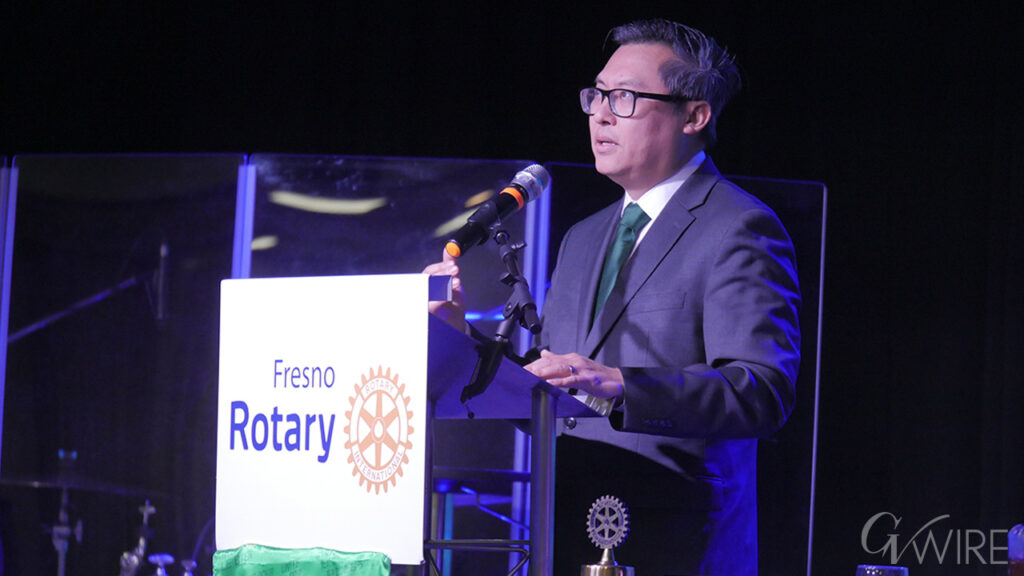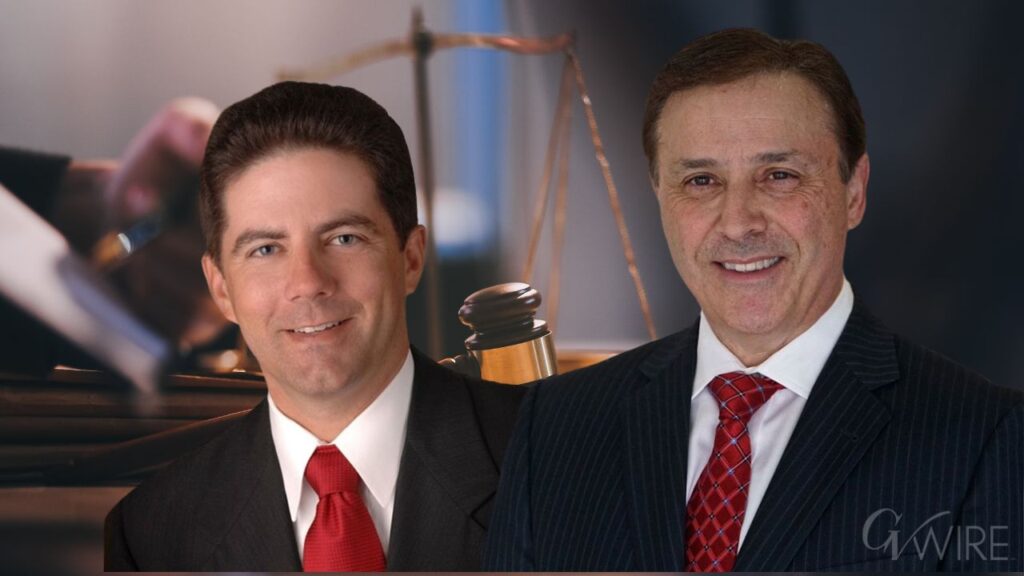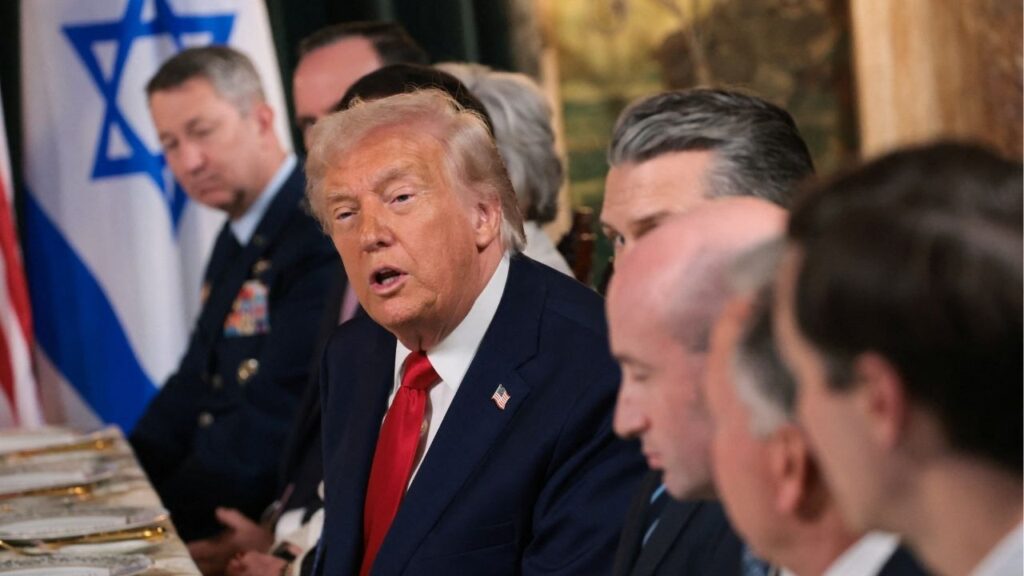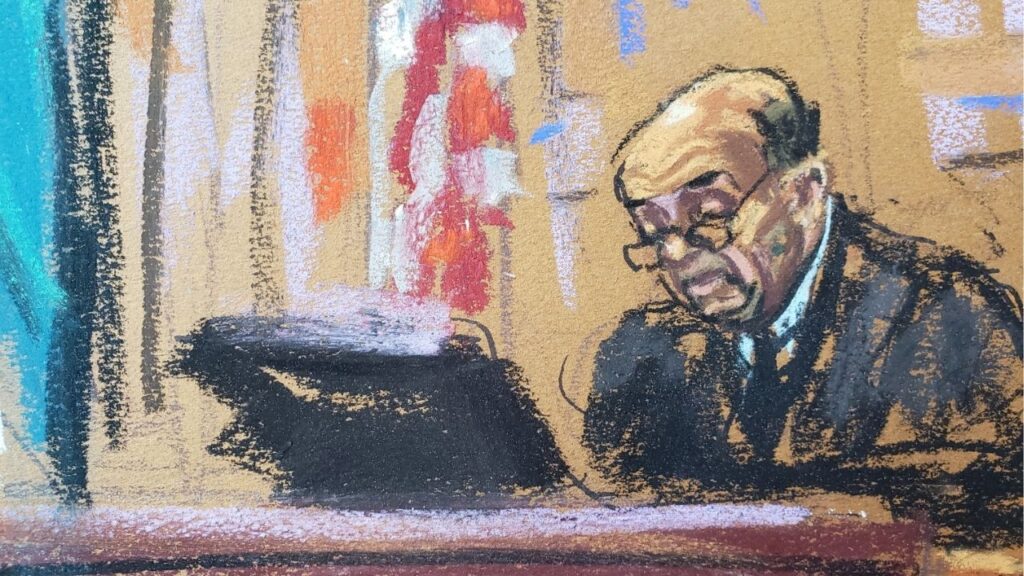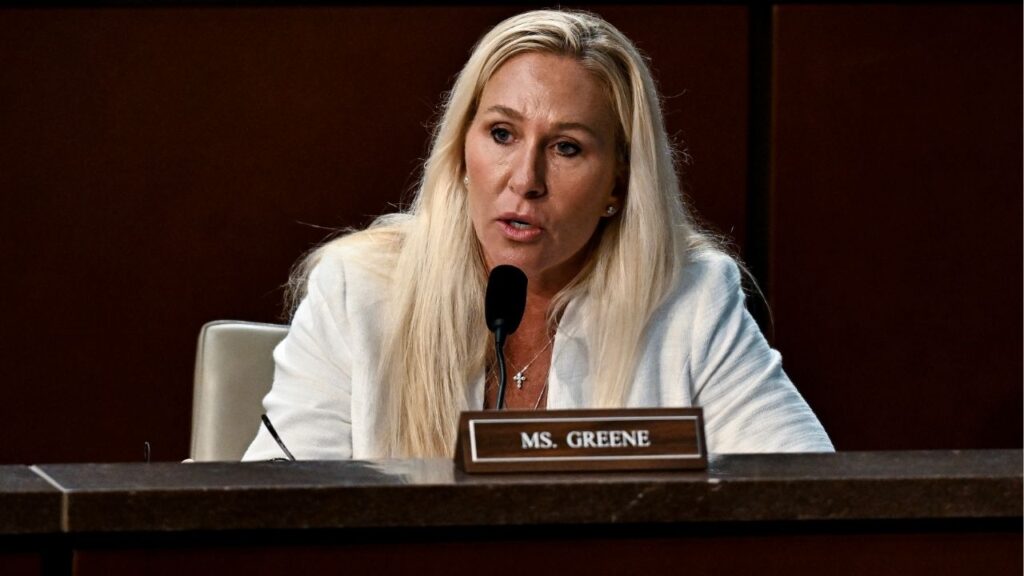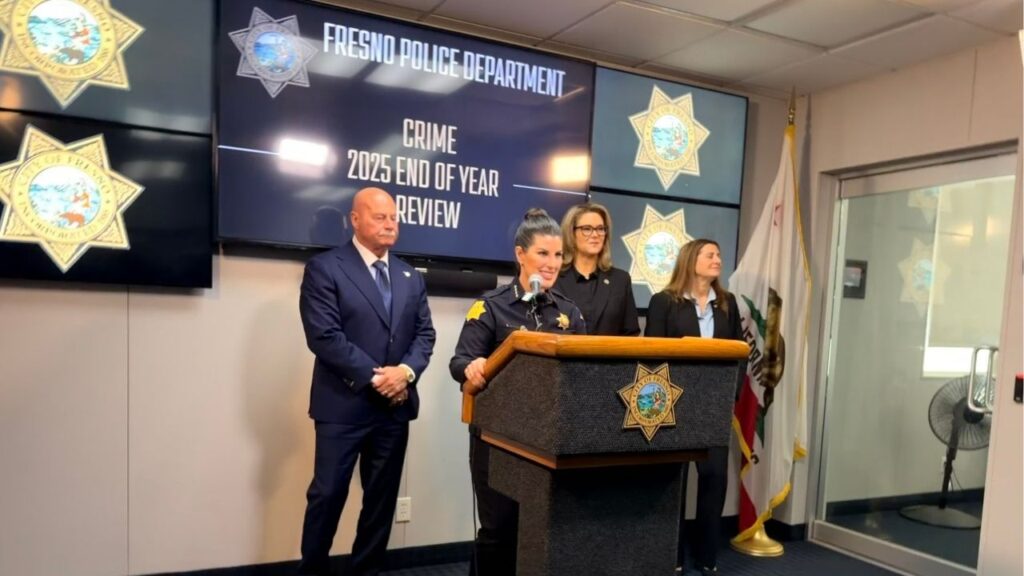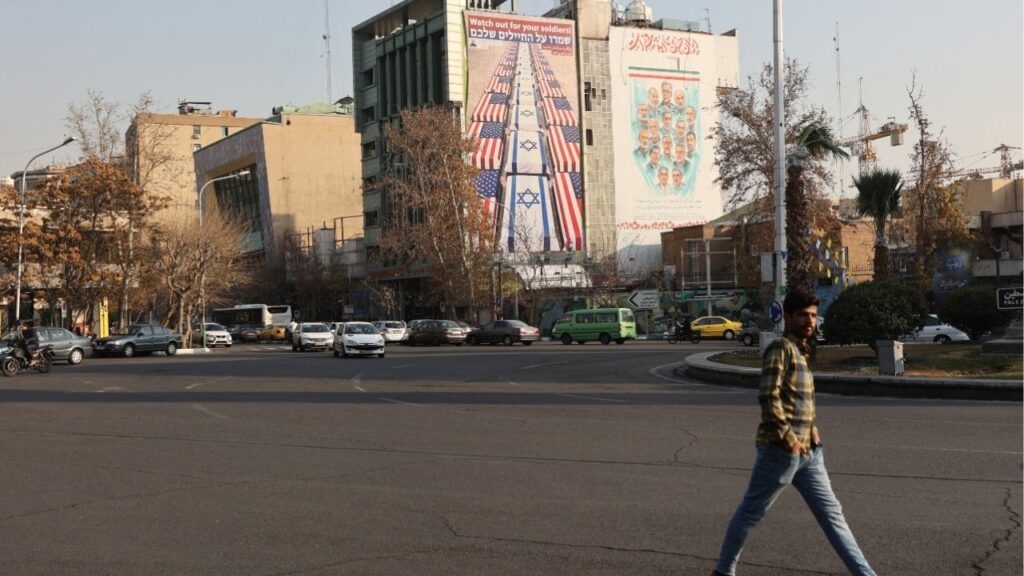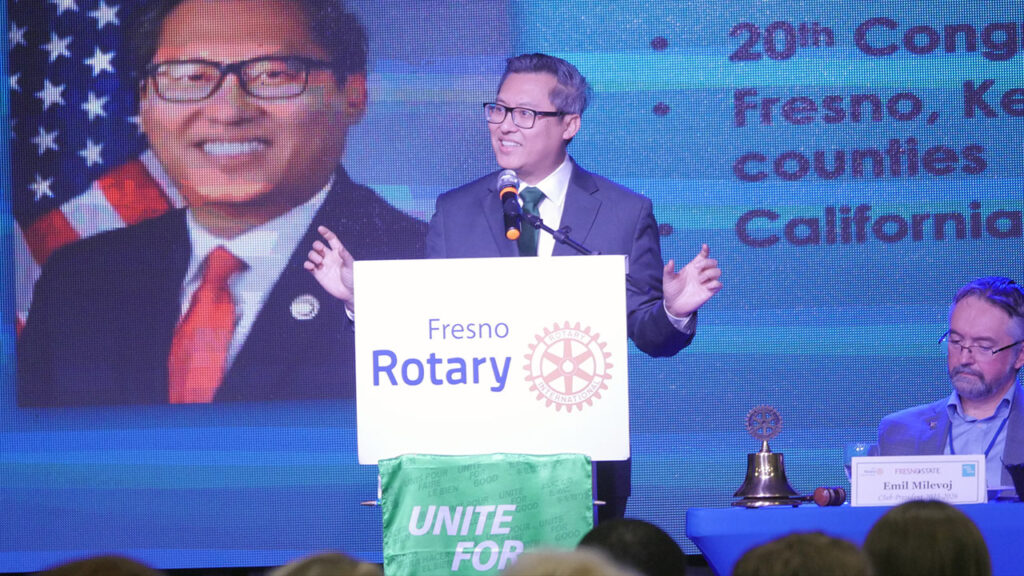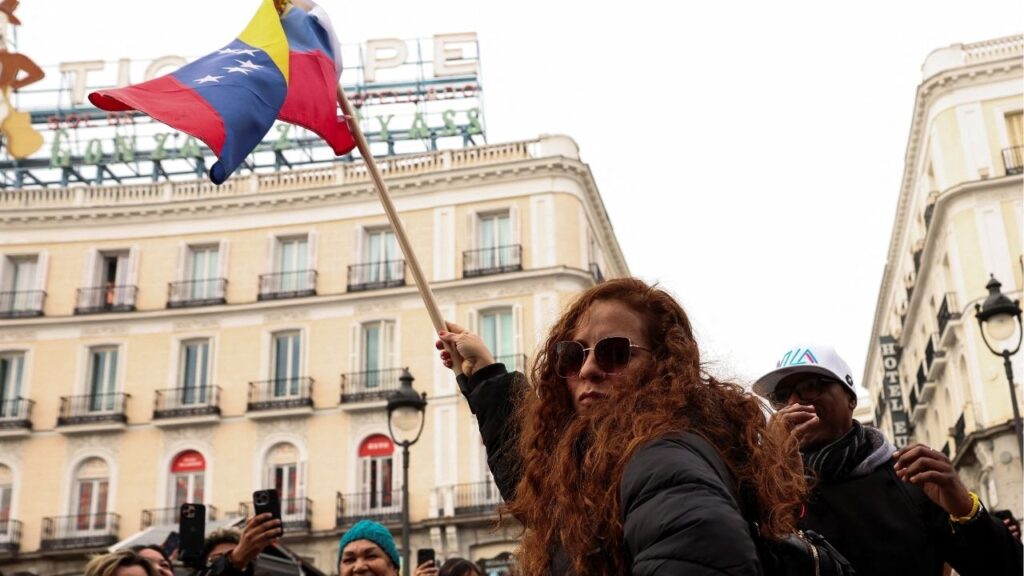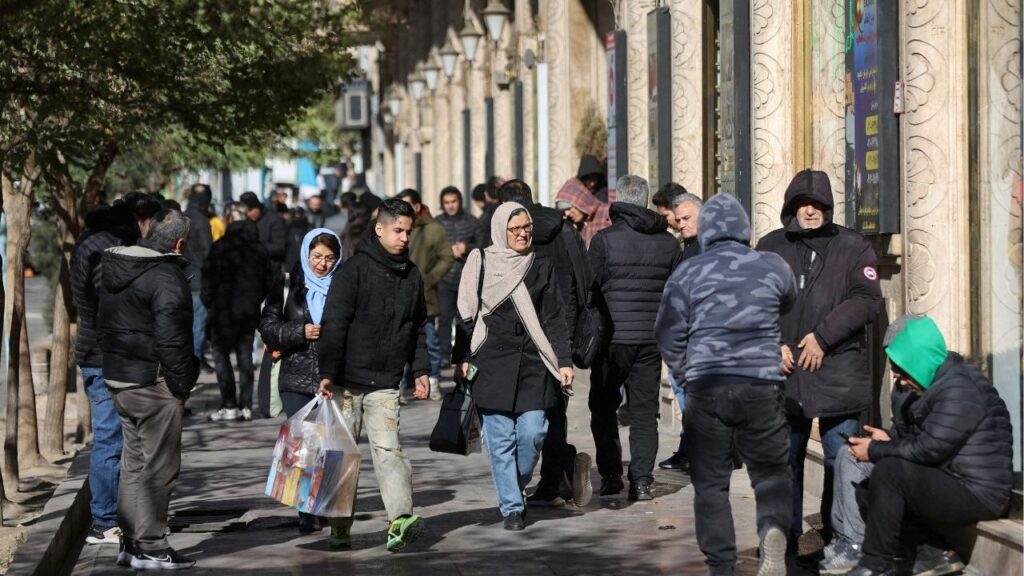Share
(Update, 8/08/18: an interpretation from City Attorney Douglas Sloan is now included)
After months of signature gathering and deadline hustling, the final decision on whether Fresno voters will decide on a parks tax takes place Thursday (Aug. 9).
But questions have emerged on just how many votes are needed in November to pass the tax initiative.
Thursday’s Action
The Fresno City Council will officially vote to put the initiative in front of voters for the November election, asking whether to raise sales taxes within the city 3/8 of a percent. The proceeds would be dedicated to parks, arts, trails, and job training programs.
Officially, the council has three options, but two of them are essentially the same. The council can:
— Adopt the proposed initiative as is. But, because of state law regarding raising taxes, it would still need to go to the voters.
— Approve the initiative to go to the voters directly.
— Or ask the city staff to conduct a report on the effects of the tax initiative. While this would not prevent a vote, it would delay things to the point it would not be on the November ballot. It would then be placed on the March 2020 primary.
Other council members also don’t see any impediments to placing the item in front of voters.
“I’m not looking to thwart the will of the people, so I’ll vote to put it on the ballot,” Councilman Clint Olivier said.
Brandau said he expects to vote in favor placing the item on the ballot, even though he is against the tax measure.
“I’m opposed to this tax. While I believe parks need a lot of attention, 3/8 of a cent for 30 years is too much focus on something other than our highest priority, public safety.”
An interesting aspect is that the mayor can veto the first two options. Mayor Lee Brand did not respond to GV Wire’s question as to whether he would enact such a veto.
However, if Brand does use the veto, council would be required to override it (with five votes) per state law. However, the tactic would delay the tax vote until 2020.
Two-thirds Vote Required for Now
However, the state Supreme Court ruled last year that Prop. 218 only applies to government efforts to raise taxes, not necessarily taxes raised through the initiative process.
But even that threshold is under challenge on how broadly it applies. How the court ruled in California Cannabis Coalition v. City of Upland might apply, too.
The Howard Jarvis Taxpayers Association filed suit against a tax measure passed by San Francisco voters in June. That vote, to tax property owners, received 50.87% of the vote; HJTA believes that the two-thirds requirement should apply.
“That’s a real stretch. Even the League of California Cities disagrees with that interpretation. Prop. 13 is clear: Prop. 13 requires a two-thirds vote,” HJTA president Jon Coupal said.
The resolution in front of the city council Thursday states “Passage of this measure requires approval by two-thirds (2/3) vote, unless otherwise required by law.”
City Attorney Douglas Sloan reiterated to GV Wire that he will use the 2/3 threshold until a court rules differently.
Either way, Fresno for Parks supporters are gunning for two-thirds.
“While we will continue to watch what the courts decide in relation to the Upland case, we are confident that our measure will receive two-thirds of the vote in November’s election. We urge our elected officials to follow the lead of their constituents in recognizing the need for better parks and bring monumental change to Fresno by supporting this measure,” group spokeswoman Natasha Biasell told GV Wire in a statement.
Legal Murkiness
“If the local government has to comply with the two-thirds vote, so does a local initiative. … I think Fresno supporters should be circumspect if they think they need a majority to pass. I think they are walking on thin ice,” Coupal continued.
According to Tim Bittle, HJTA Director of Legal Affairs, the court’s ruling on the Upland case centered on when a tax election should take place, not necessarily whether it needed two-thirds or 50% plus one to pass.
His interpretation is that the two-thirds requirement remains intact, but clarification is needed.
“Because of the confusion generated by this opinion, HJTA has filed a motion with the Court asking for a modification of the opinion to clarify whether the right to vote and the two-thirds vote requirement still apply to taxes proposed by initiative. The League of California Cities has filed a letter supporting our request for clarification. Hopefully, the Court will acquiesce,” he wrote.

Parks Tax
Proponents say the plan, officially called the Fresno Clean and Safe Neighborhood Parks Tax Ordinance, will raise $38 million a year. The money would be used specifically for parks and related programs and last for 30 years.
A nine-member parks board, appointed by the mayor, would oversee how to spend the money. The ordinance places restrictions on who can be appointed, with at least one-third of the members coming from highest-need areas.
Categories

Hilton Drops Minneapolis Hotel Over Cancelled ICE Bookings
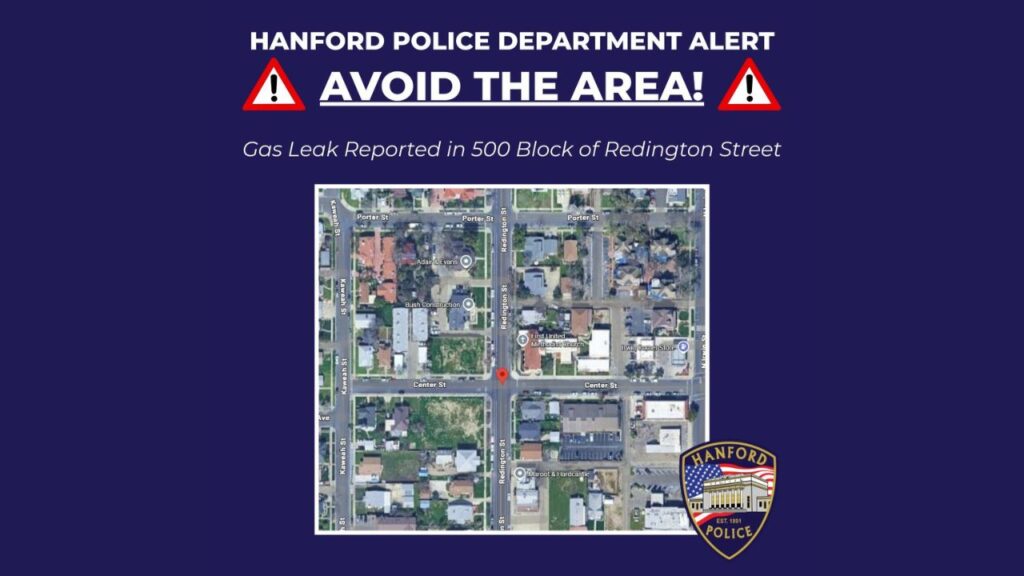
Gas Leak Prompts Avoid-the-Area Alert in Downtown Hanford
